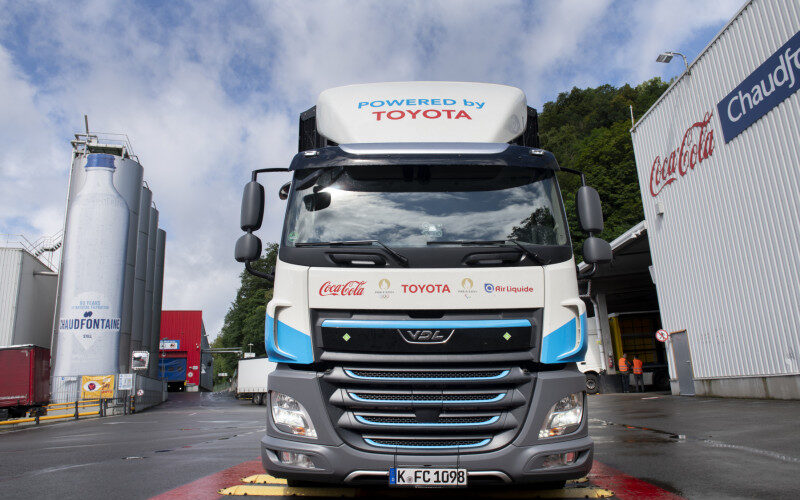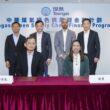Toyota has commenced testing a new hydrogen-powered truck in partnership with Coca-Cola, to integrate the vehicle into the beverage company’s supply chain operations.
The hydrogen truck utilises Toyota’s fuel cell modules, which combine hydrogen and oxygen molecules to produce water and generate electricity, resulting in only water being the tailpipe emission. The truck also benefits from rapid refueling capabilities, enhancing its operational efficiency.
Air Liquide, a leader in low-carbon and renewable hydrogen production and distribution, is supplying hydrogen sourced from renewable origins for this initiative. This collaboration highlights the importance of simultaneous advancement in both vehicle technology and infrastructure to promote a more sustainable future.
Toyota’s hydrogen truck project aims to contribute to the decarbonisation of heavy-duty road transport, which accounts for a quarter of European freight transport based on tonne-kilometres performed. The demand for large volumes of hydrogen in commercial trucks makes them crucial in developing sustainable hydrogen infrastructure.
“We are pleased to partner with Toyota and Air Liquide to test hydrogen solutions for our long-distance logistics operations. We want to learn from this experience as we continue to work towards reducing our carbon footprint,” said Eric Desbonnets, Vice President Paris 2024 Operations and Sustainability, Coca-Cola.
“Air Liquide shares the same ambition as Coca-Cola and Toyota: implementing concrete solutions to meet the challenge of climate change. This project is part of such an approach and will demonstrate the relevance of hydrogen for heavy-duty mobility,” said Erwin Penfornis, Vice President, Hydrogen Energy World Business Line, Air Liquide.
Thiebault Paquet, Vice President R&D at Toyota Motor Europe said, “To help speed up the expansion of hydrogen technology implementation in our society, we are expanding the use of our Toyota Fuel Cell Module beyond passenger cars into trucks, buses, coaches, trains, boats, near-shore and short-sea vessels, stationary generators, and so on.”















